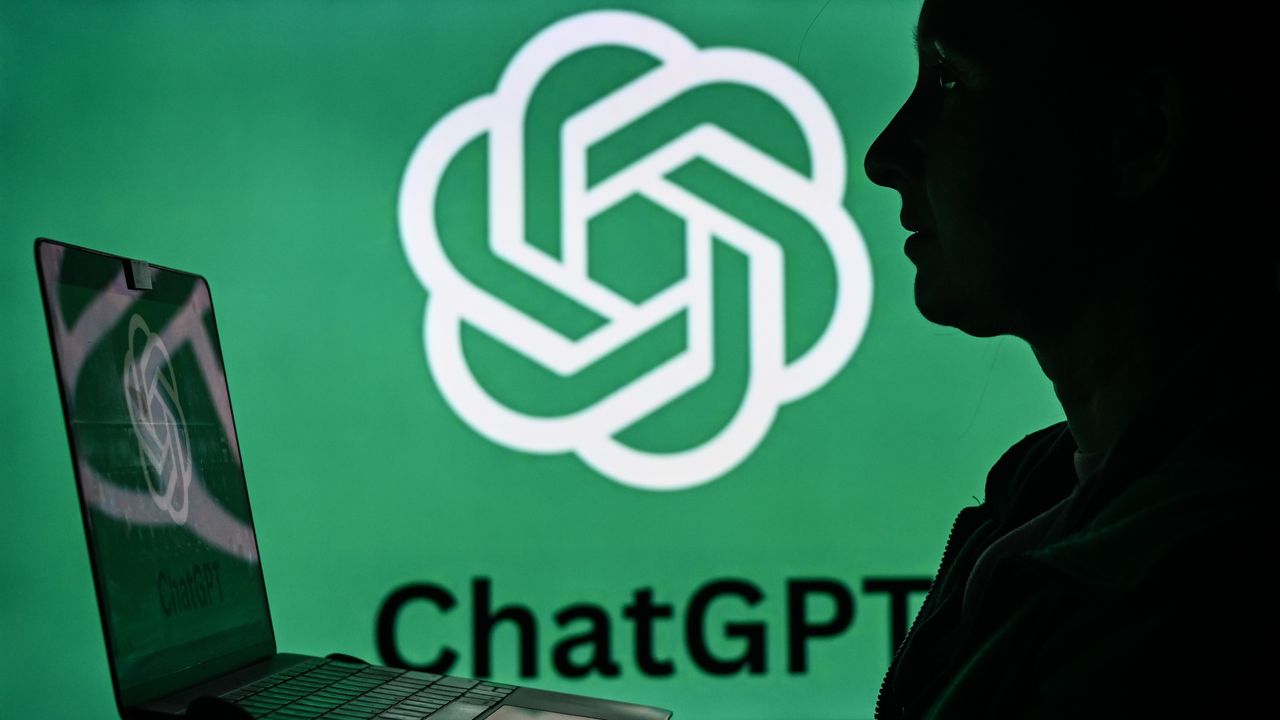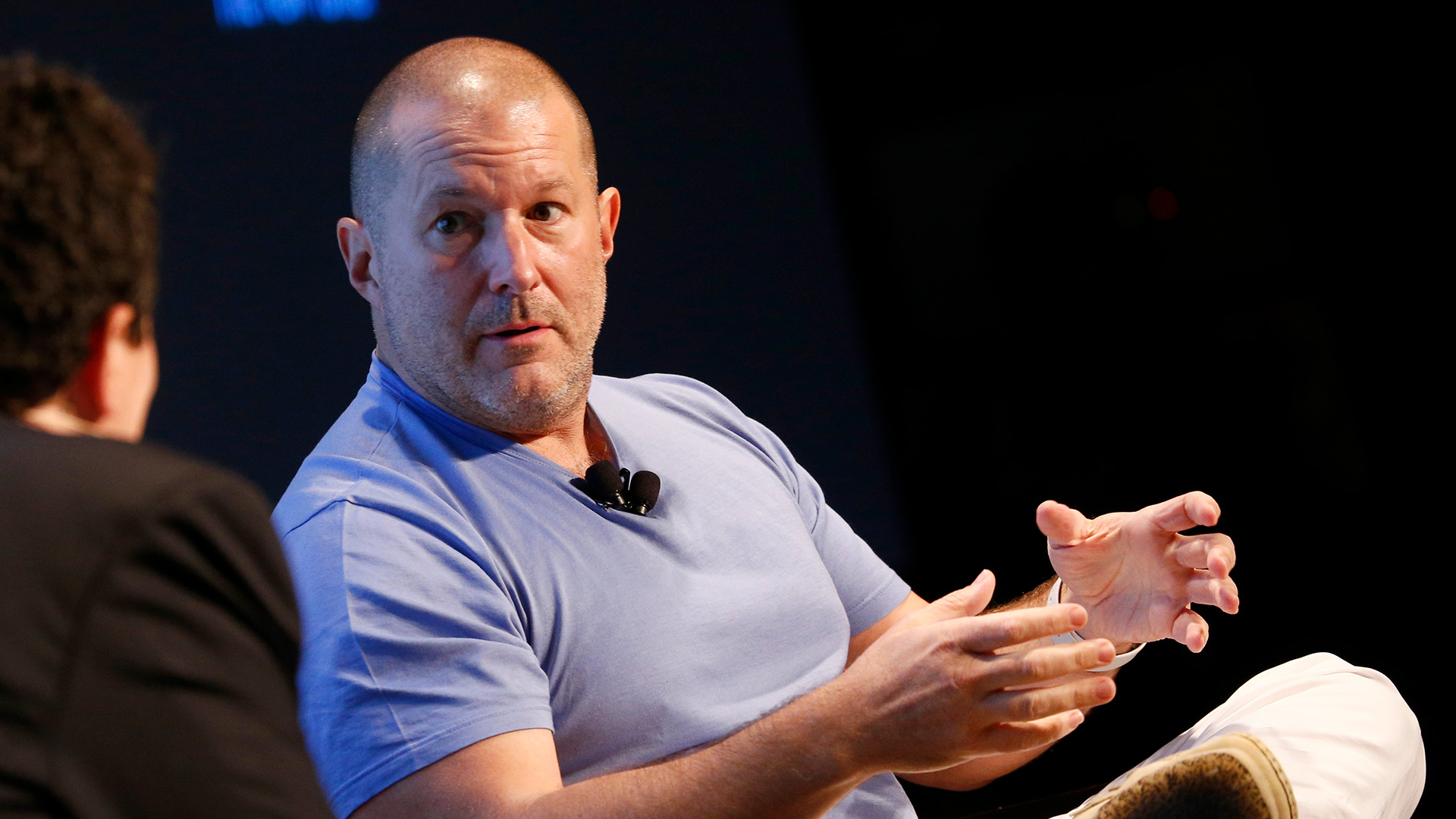
Generative AI is undoubtedly advancing rapidly, and can sometimes be difficult to keep up with given its ever-evolving nature. Even Jad Tarifi, a member of Google's first generative AI team, claims "AI is going to be gone by the time you finish a PhD." Instead of chasing the AI hype through vigorous studies, the executive says you'd be better off living in the real world and socializing with friends.
And as it now seems, higher education studies isn't the only thing that AI is outpacing. Speaking to Nikhil Kamath during a recent episode of the People by WTF podcast, OpenAI CEO Sam Altman indicated that today's computers and computers aren't designed to realize generative AI's full potential (via Financial Express).
The executive further revealed that next-gen AI models like ChatGPT need more advanced hardware (than current smartphones and laptops) to unlock the full potential of AI. Perhaps more interestingly, Altman indicated that he expects these devices to mirror the advanced tech we see in movies.
Even Google's CEO, Sundar Pichai, seemingly echoed similar sentiments, claiming that it's next to impossible to achieve coveted benchmarks like AGI (Artificial General Intelligence) with today's systems.
According to Sam Altman:
"One of the things that I think will be defining about the diference of AI versus the sort of previous way we've been using computers and technology is you really want AI to be have as much context as possible, do stuff for you, and be proactive. So, a computer or a phone, you know, it;s kind of off or on. It's in your pocket or it's in your hand, and you're using it. But you might want AI to be like a companion with you throughout your day and alert you in different ways when it can do something to help you or when it's something really important you need to know, or reminding you of something that you said you needed to do earlier in the day. And the current form factors of computers are, I think, not quite right for that."
The executive further explained that today's systems have an on-and-off, more binary feel that doesn't deliver the "sci-fi dream of an AI companion."
OpenAI is already working on next-gen AI hardware with Jony Ive

This isn't the first time Sam Altman has spoken about current computer systems not being compatible with next-gen AI models. However, he previously claimed that the AI revolution won't require new hardware, but admitted users will be "happy" to have a new device anyway if it does.
Computers, software, and hardware, just the way we think of current computers were designed for a world without AI. And now we're in like a different world, and what you want out of hardware and software is changing quite rapidly.
OpenAI CEO, Sam Altman
That said, OpenAI isn't idly sitting waiting for these predictions to manifest into the new reality. Earlier this year, former Apple lead designer Jony Ive joined OpenAI to lead its design efforts and possibly help develop the rumoured device that could lead to the biggest tech disruption since the iPhone launched in 2007.
The ChatGPT maker also acquired the designer's AI device startup, io, for $6.5 billion. More recently, Sam Altman revealed that OpenAI is currently in the process of developing a beautiful device. He joked that users wouldn't need a case for the device, and that he'd personally hunt down people who go against this.
To that end, details about the kind of hardware OpenAI plans to develop following the $6.5 billion acquisition of Jony Ive remain slim at best, but Altman has seemingly dropped subtle hints about what and how it could look, potentially making AI "transcendentally good."
In a separate interview, the executive revealed that OpenAI is focused on developing a new type of device that allows users to interact with software and hardware differently, other than the conventional typing and looking at a screen approach.
Another report suggests OpenAI and Jony Ive have been working closely together to develop headphones and camera devices for the past two years, which accurately captured their imaginations.
But perhaps more concerning, Sam Altman indicated that users will need to establish a high level of trust with these new next-gen devices since they'll need to have access to all aspects and spheres of your life. This will allow the device to make judgments on your behalf, and you'll need to trust that the device has your best interest at heart at all times.







